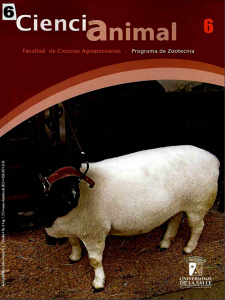Abstract
This work, which had the support of EAZA and Acopazoa, aims to create a nutritional protocol that is appropriate for the requirements and needs of the species. Seven Colombian zoological institutions (Piscilago, Santacruz, Santa Fe, Cafam, Barranquilla, Matecaña and Jaime Duque) were sampled, on an average of five days, and based on the evaluation of four aspects: the nutritional program established, consumption by the animals, behavior linked to consumption and the composition of the total diet offered. The gathering of information focused on answering surveys and the direct observations of the program or nutritional routine executed at each institution. The analysis of the data determined that the Piscilago and Santacruz zoos satisfactorily meet with most of the evaluated items. Although there were no significant differences between institutions, inconsistencies were found in the answers of the questionnaire and the findings at each institution, which revealed clear faults in the implementation and evaluation of the feeding routine established in each institution. Based on the above, it is demonstrated that the supplied diets surpass the nutrient requirements established for new world primates, according to the National Research Council. It was concluded that nutritional management in the institutions cannot be generalized, since that management is very variable; likewise, it was evident that the particle size, frequency and amount of residues of the offered diet are critical for improving nutritional management.Downloads
Download data is not yet available.



